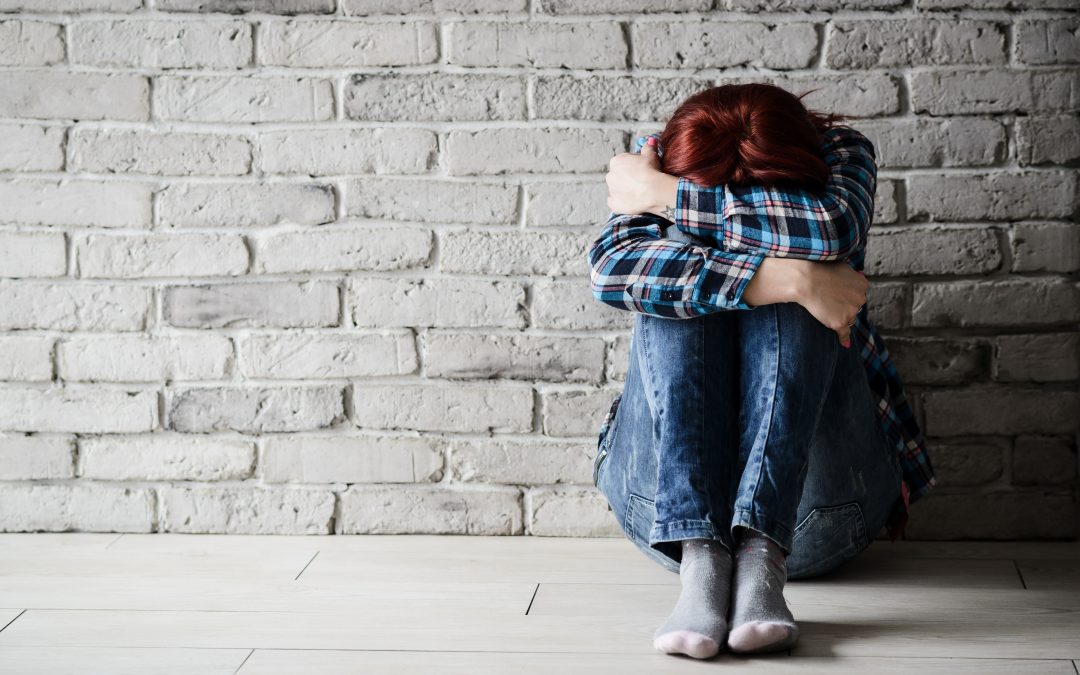What is Abuse?
Abuse occurs when a person in power or authority over another person uses that power or authority to gratify their own needs. This is at the expense of the weaker person, with ongoing detrimental effects to both parties, especially the victim.
Typically, a person who is older (although if a younger person has more power or authority they are capable of abuse as well) uses another person for their own self-gratification. Because of this act, there are detrimental effects. The effects will be listed in this article.
Categories of Abuse
Abuse can be classified into five basic categories: 1) Physical, 2) Sexual, 3) Emotional, 4) Spiritual, and 5) Neglect. It is important to understand that most abuse is not limited to only one of these categories, and certain incidents of abuse can include any or all of them.
- Physical Abuse is the act of physically assaulting a person. A typical example is a battered wife. The spectrum of abuse includes everything from verbally threatening violence to beating a person to death.
- Sexual Abuse is the act of sexually violating someone. A typical example is a child being molested by an adult. The spectrum of abuse includes everything from sexually inappropriate jokes to penetration/rape.
- Emotional Abuse is the act of demeaning a person emotionally. A typical example is a father calling their child stupid, worthless, whore, etc. until those labels become imprinted on the child’s identity. The spectrum of abuse includes everything from one time name calling to saying something horrible about a person enough times that they begin to live out that name in their life.
- Spiritual Abuse is any of type of abuse that also has a religious or God element invoked. A typical example is an altar boy being molested by a priest. This is sexual abuse but because of the position the priest holds to the altar boy it is also spiritual abuse. The spectrum of abuse includes everything from telling people to “just pray about it” (or to ignore the problem the person has) to using Bible verses to justify a person’s abusive actions to one another.
- Neglect is considered abuse because the person is choosing to ignore the basic human needs of another human being. A typical example is locking a child in a closet all day so that the guardian does not have to deal with the child. The spectrum of abuse includes not teaching a child about the basics of life, hygiene, social norms, etc, to killing a child because of lack of food, care, water, etc.
Given this list, most people have probably been abused at least once in their life time. This does not necessarily mean that you are an abuse victim. To be an abuse victim, the act(s) must have profoundly shaped the way that you relate to yourself, others and/or God.
Effects of Abuse
Here is a list of possible effects from abuse. If you have some of these effects, it does not make you an abuse victim however, if you can connect the effect to an event or series of events then it is possible that you are an abuse victim.
- Emotional Difficulties
- Fear or shyness, Depression (Talk about suicide, Attempt suicide), Self-Esteem issues (low to grandiose, Shame, Contempt), Fear of certain adults or places (primarily in children), Guilt, Anger, Grief, Ambivalence, Powerlessness, Betrayal, Arrested emotional development (Unable to form healthy trust, Mistrust)
- Engage in Self-Destructive Behaviors
- Use alcohol or other drugs, Compulsive Disorders, Eating Disorders, Rejection of body, Self Injury
- Cognitive Difficulties
- Neurological Development is Stunted, Learning problems, Search for Normalcy, Double Think, Disassociation, Memory (repression, false, PTSD)
- Relational Difficulties
- They may abuse their own families, Use violence to solve problems, Behavior problems, Sexual dysfunction and addiction, Premature sexual arousal, Compulsive sexual behavior, Sexual anorexia, Co-dependency, Boundaries (Too many boundaries, No boundaries)
- Bad dreams
- Physical Complaints
- Control Issues
As stated earlier, there are some other possible causes for many of these effects besides past abuse. If some of the above difficulties are acting as barriers which prevent a person from going forward in their life emotionally, spiritually, and relationally, it is God’s desire that they experience freedom.
Hope for Abusers
While many believe that there is no hope for abusers, we believe that abusers can change as they work through their own issues and addictions. Our understanding is that many abusers were also abused at some point in their history. For many of these people being abusive is a way of reenacting their own unresolved abuse. As a result we realize that in order to heal, most abusers may need to work through their own past abuse.
Getting Help
The first step is to find a counselor, support group, pastor, or anyone else that is trained in abuse issues and you feel you can trust. Sometimes the first step is to mention the abuse to a trusted friend who will not judge you and can assist you in finding a trained professional to help you.
Recommended Resources:
The Wounded Heart by Dan Allender
The Subtle Power of Spiritual Abuse by David Johnson and Jeff Vanvonderen

Anonymous Authors
Due to the sensitive and personal nature of many of the issues Where Grace Abounds works with, some of our blog authors wish to remain anonymous. We encourage people to move towards being transparent and known by those significant relationships in their lives. Testimonies and personal experiences are powerful tools to be shared. We hope you are encouraged by reading this article.
Make a Difference in Someone's Life
If you enjoy reading WGA’s blogs and would like to show your support, please consider making a donation. Where Grace Abounds is a 501(c)3 non-profit organization. The majority of services, including support groups and discipleship counseling, are provided free of charge. Your financial gifts help to cover the costs associated with offering a free program to those who seek WGA’s services.

